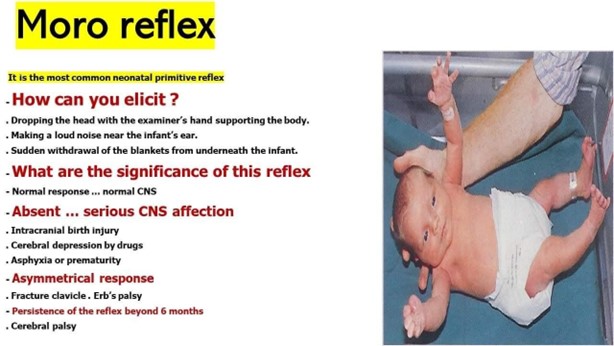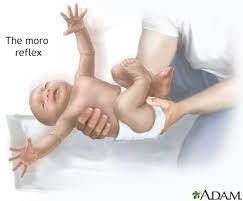A nurse is reinforcing teaching about nutritional needs with a client who is pregnant. Which of the following nutrients should the nurse instruct the client to increase during pregnancy?
Calcium
Vitamin E
Vitamin D
Iron
The Correct Answer is D
Choice A rationale: While calcium is essential for bone health and other functions, the increased need for calcium during pregnancy is not as significant as the need for iron.
Choice B rationale: Vitamin E is important for overall health, including immune function and cell protection, but it is not specifically increased during pregnancy compared to other nutrients.
Choice C rationale: Vitamin D is important for bone health and immune function, but its increased need during pregnancy is not as significant as the need for iron.
Choice D rationale: During pregnancy, the body's need for iron increases to support the increased blood volume and provide for the developing fetus. Adequate iron intake helps prevent iron deficiency anemia in the pregnant woman and supports the baby's iron stores.
Nursing Test Bank
Naxlex Comprehensive Predictor Exams
Related Questions
Correct Answer is A
Explanation
Choice A rationale: The Moro reflex, also known as the startle reflex, is elicited by making a loud noise or performing a sharp hand clap near the newborn. In response to the stimulus, the newborn will throw their arms and legs outward and then bring them back toward the center of the body.
Choice B rationale: Placing a finger at the base of the newborn's toes is not related to eliciting the Moro reflex. This action may elicit the Babinski reflex, which causes the toes to fan out and the big toe to dorsiflex.
Choice C rationale: This action may elicit the stepping reflex, where the newborn will make stepping movements when the soles of their feet touch a flat surface. It is not related to eliciting the Moro reflex.
Choice D rationale: Turning the newborn's head quickly to one side is not related to eliciting the Moro reflex. This action may elicit the asymmetric tonic neck reflex (ATNR), where the newborn will extend the arm and leg on the side their head is turned to and flex the opposite arm and leg.


Correct Answer is C
Explanation
Choice A rationale: A gynaecoid-shaped pelvis is considered the most favorable for childbirth and is not a contributing cause of difficult, prolonged labor.
Choice B rationale: The fetal lie refers to the orientation of the baby's spine in relation to the mother's spine. A longitudinal lie (baby's spine parallel to the mother's spine) is the typical and preferred position for birth and is not a cause of difficult, prolonged labor.
Choice C rationale: A persistent occiput posterior (OP) position, where the baby's head faces the mother's abdomen instead of her back, is a known contributing factor to difficult and prolonged labor. The baby's position in the birth canal can affect the progress and ease of labor.
Choice D rationale: Fetal attitude refers to the position of the baby's body parts in relation to each other. General flexion, where the baby's head is flexed forward and the limbs are flexed, is the normal attitude for birth and does not contribute to difficult, prolonged labor.
Whether you are a student looking to ace your exams or a practicing nurse seeking to enhance your expertise , our nursing education contents will empower you with the confidence and competence to make a difference in the lives of patients and become a respected leader in the healthcare field.
Visit Naxlex, invest in your future and unlock endless possibilities with our unparalleled nursing education contents today
Report Wrong Answer on the Current Question
Do you disagree with the answer? If yes, what is your expected answer? Explain.
Kindly be descriptive with the issue you are facing.
